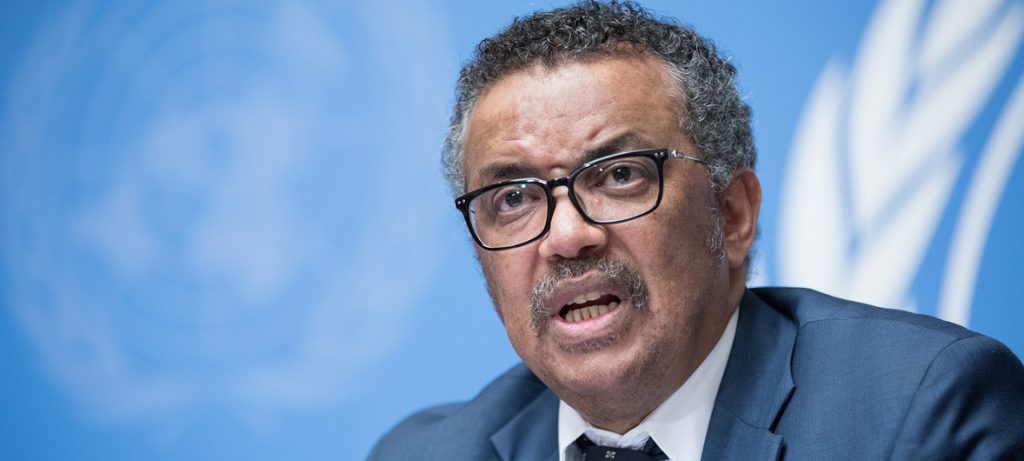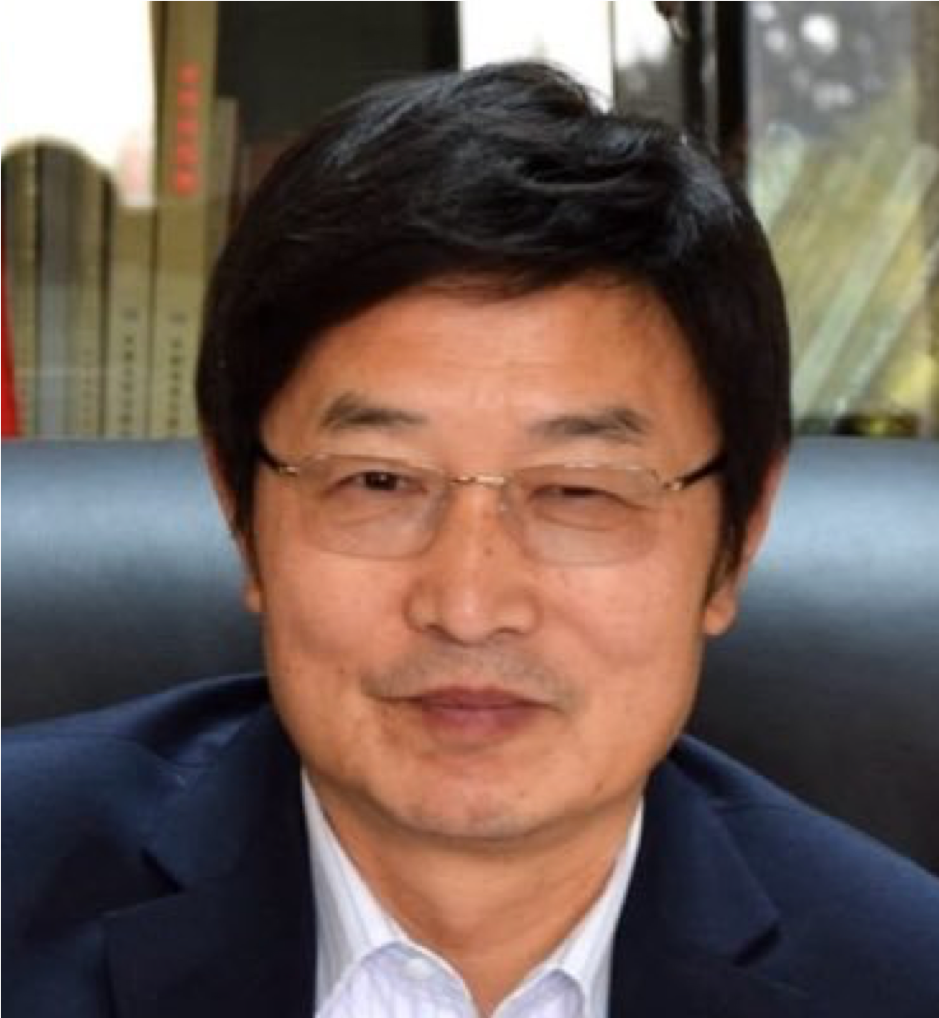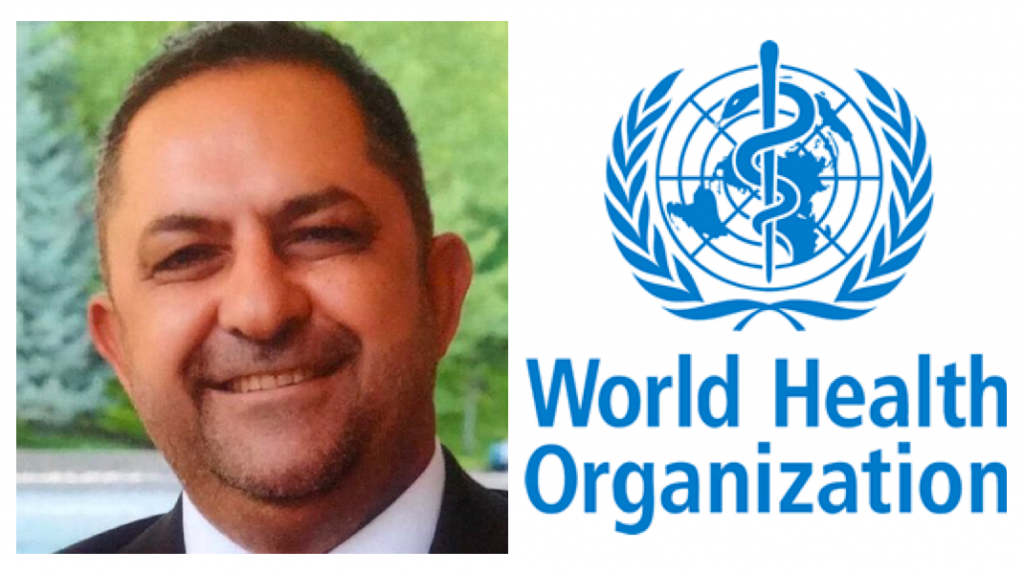213 countries have been seeking to contain the deadly coronavirus pandemic. Nearly all have had access to advice and experts from World Health Organisation (WHO).
While the Turkish Cypriot community has a long-standing relationship with the UN, their state the Turkish Republic of North Cyprus (TRNC) remains unrecognised as a de facto (existing) rather than de jure (legally recognised) state.
Nevertheless, the TRNC has forged its own battle against coronavirus Covid-19, observing WHO rules and advice from a distance, and against the odds this small, internationally unrecognised state seems to have managed to completely flatten its curve before any other country in the world.
Four people died of coronavirus in North Cyprus, the last being 54-year-old Mehmet Uğur Kaya, a Turkish national who died in Lefkoşa Dr. Burhan Nalbantoğlu State Hospital on 13 April.
CLICK HERE TO SIGN THE PETITION
There have been no new reported cases of the virus in the TRNC since 18 April – some seven weeks. All patients have been discharged, and lockdown restrictions have since been steadily relaxed.
The experiences and success of the TRNC has prompted one Turkish Cypriot academic, Prof. Mehmet Hasgüler (pictured above), to appeal to the WHO to allow Turkish Cypriots to become an associate member.
Prof. Hasgüler has launched a campaign to bring the issue to light, including an online petition, which he started on 22 April and has so far gained over 12,500 signatories. He hopes it can reach 100,000.
The Deputy Head of YÖDAK (Yükseköğretim Kurumları Denetleme ve Akreditasyon Kurulu/Higher Education Institutions Inspection and Accreditation Board), has also sent letters to world leaders, including Donald Trump and Emmanuel Macron.
Prof. Hasgüler is relying on the WHO Constitution for TRNC admission. The charter opens with WHO’s principle objective, which is “the attainment by all peoples of the highest possible level of health.”
Chapter 3, Article 1 of the Constitution states that membership of the organisation “shall be open to all States”. Further down, Chapter 3, Article 8 states:
“Territories or groups of territories which are not responsible for the conduct of their international relations may be admitted as Associate Members by the Health Assembly upon application made on behalf of such territory […] by the Member […] having responsibility for their international relations.”

One can see the idea here, though there is the contention that the above would still apply to the sort of relationship say between Greenland and Denmark, where the former has its foreign relations overseen by the latter.
The TRNC has unsuccessfully applied for associate membership of the WHO before. That, however, has not deterred Prof. Hasgüler, who cites the associate memberships of Puerto Rico and Tokelau, and observer status for the Vatican, Palestine, and Taiwan (up until 2016), amongst others, as possible precedents for Turkish Cypriots.
Without UN recognition he concedes, the TRNC would ‘most likely not qualify’, but there may be greater prospect of success if the application is by the ‘Turkish Cypriot community’.
Non-membership denies Turkish Cypriots international support against a global pandemic from the WHO, and also discounts the TRNC’s coronavirus statistics, thereby losing out on important data on the pandemic’s spread. TRNC President Mustafa Akıncı made these same points in his letter to WHO Director General Dr. Tedros Adhanom Ghebreyesus in April.
The Turkish Cypriots have not been entirely isolated during this crisis period. The lion’s share of medical aid and financial support sent to North Cyprus came from Turkey, with additional aid from the European Union again through Turkey. The Greek Cypriots also sent medical supplies through the island’s bi-communal Technical Committee for Health following a request from the committee’s Turkish Cypriot members, although the event generated political controversy.
Prime Minister Tatar raised expectations, explaining that membership of the WHO would bring international recognition of the TRNC, that it would strengthen the TRNC’s hand in the Eastern Mediterranean, but also asserted at the same time that the WHO had “nothing to do with politics”. Expectations of that sort are likely to be unhelpful.
The WHO has already found itself centre stage of a very high-level political dispute between China and the U.S.A., with one pertinent criticism being the WHO’s disengagement with Taiwan.
For Prof. Hasgüler, the comparison of the TRNC with Taiwan is akin to “comparing apples and oranges”. He argues that the Turkish Cypriot people should become associate members, as without it Turkish Cyprus is in effect under a ‘double quarantine’; the first being the embargoes and restrictions placed upon the TRNC. The move for WHO membership is ultimately “humanitarian” in Hasgüler’s eyes.
Interestingly, the efforts of Turkish Cypriots to join the WHO generated a public rebuttal by the Chinese ambassador, resident in South Cyprus, who was most likely irked by the parallels drawn between the TRNC and Taiwan.

Ambassador Huang Xingyuan, who was scolded in April for his comments supporting the Greek Cypriot EOKA organisation (widely recognised as a terror group), is apprehensive that recognition of the former’s achievement by the WHO may set an important precedent that succours Taiwan’s relationship with the global health body.
In an interview with the Greek Cypriot Cyprus News Agency on 15 May, Ambassador Xingyuan said that “we should stay vigilant of relevant developments”. The ambassador referred to similar efforts on the part of Taiwan and said that ‘only sovereign countries are eligible to become full members of WHO.’
The Turkish Cypriot state is internationally recognised by Turkey only. Any effort to acknowledge the TRNC in the international arena or work with them in an official capacity is largely an anathema to the Greek Cypriot authorities, driven by the same apprehension of possible future ‘recognition’ of TRNC authorities.
Predicting such responses, and perhaps focussing on the Turkish Cypriot community rather than state, Prof. Hasgüler writes a rebuttal in the foreword to his petition on change.org:
“For years, the existence of Turkish Cypriots has been ignored by the international communities! However, the common sovereign equality was accepted by international treaties on August 16, 1960, and it was approved by the UN!”
“Today, humanity is facing a global pandemic, and as like every other human Turkish Cypriots are fighting against the Coronavirus!”
“Today our neighbours, citizens of the Republic of [Greek] Cyprus, are receiving all the essential information and support from the World Health Organisation. But we, Turkish Cypriots, are being ignored!”, Prof. Hasgüler added.
He concludes by stating that, “To gain the most basic life and health rights, we, Turkish Cypriots, demand to become associate member to the WHO. We invite all member states of the UN and the World Health Organization and people to take a step and support our petition in solidarity with Turkish Cypriots.”
If you agree, sign the petition here.
Top image of Prof Mehmet Hasgüler, who is leading the Turkish Cypriot charge to join the World Health Organisation




